Behind The Blackphone: The Future Of Mobile Security?
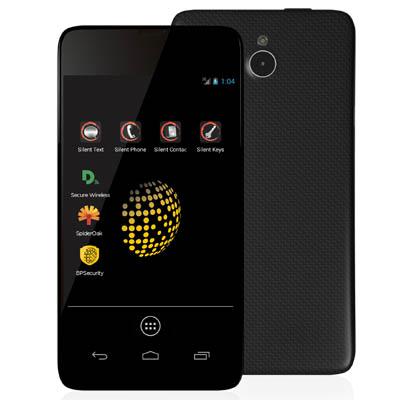
Introducing The Blackphone
It may be the most secure personal smartphone to ever hit the market. Featuring encrypted calls, texts, emails and Web browsing, the Blackphone runs on a modified Android operating system fittingly dubbed PrivateOS.
The device is being marketed as an easy-to-use high-end smartphone with world-class communications tools, and has a name suited for something you might find in Batman's utility belt. Not surprisingly, it has caught the eyes of techies all over.
CRN spoke exclusively with Blackphone CEO Toby Weir-Jones on the importance of the phone and mobile security as part of our Monday tablet-exclusive feature on mobile security operating systems. Here's what we learned.

How was the idea for the Blackphone conjured up?
The technology for a highly encrypted phone already was available but not in the easy-to-use format that Blackphone features, according to Weir-Jones (pictured). A collaboration between U.S. encryption security company Silent Circle and Spanish startup smartphone company Geeksphone led to the birth of the security-first phone.
"We realized there was a very large market of folks who didn't want to build their own car, but they wanted a good car," Weir-Jones said. "We wanted to offer them a turnkey solution that got them all the benefit of all these tools set up correctly on a robust Android build."

How quickly did the Blackphone sell out?
Blackphone started taking preorders on the day of the phone's announcement Feb. 24 and sold out April 9, according to Weir-Jones.
"It was a very aggressive response," Weir-Jones said. "The challenge that security tools always have is they always end up being a bit too complicated and a bit too user-unfriendly, and we really wanted to focus on making this tool accessible."
Weir-Jones could not disclose the number of preorders received but did say Blackphone anticipates selling 10 million phones in the next three to four years.
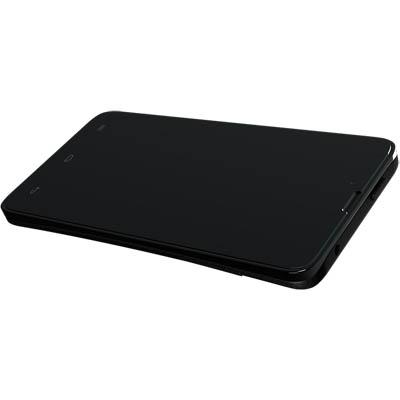
When does the Blackphone ship?
The Blackphone is now sold out and no peorders are available at this point, said Weir-Jones, but those who ordered them are slated to receive them this summer, said Weir-Jones.
"The goal is to get the phone in customer hands by the end of the month of June," he said. "In order to do that we need to ship by the week of June 24."
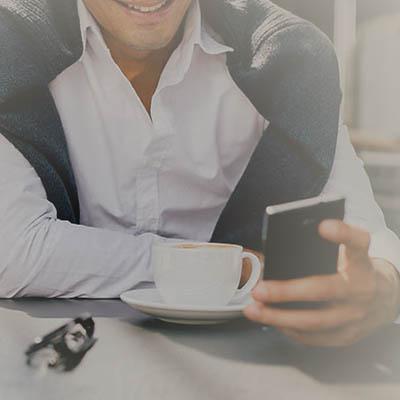
Why should users want to have a Blackphone?
At $629, Weir-Jones said the Blackphone is the total package.
"We don't think anyone is offering the whole package the way we are. It's not really a matter of opinion. Your next options up are maybe three or four times the price, and severely more limited," he said. "Making and receiving phone calls, sending and receiving texts, using apps and browsing websites, all these things they can still do on Blackphone. The difference now is that under the covers, theirs a whole lot of security magic, which is going to help them retain that control of what information leaks out."
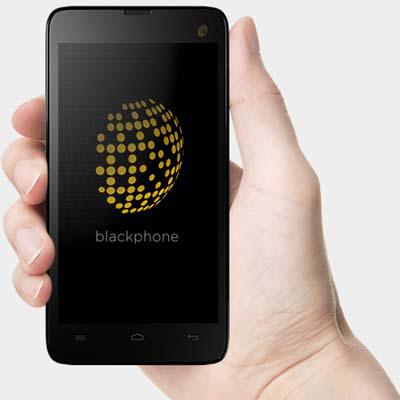
Who is buying the Blackphone?
Blackphone is gathering as little information as possible on who is buying its product, according to Weir-Jones, keeping true to the overall theme of privacy. The only information the company has on its customers are names, shipping addresses and methods of payment, he said.
From that information, Blackphone is able to tell that 45 percent of orders have come from Europe and 38 percent from North America.
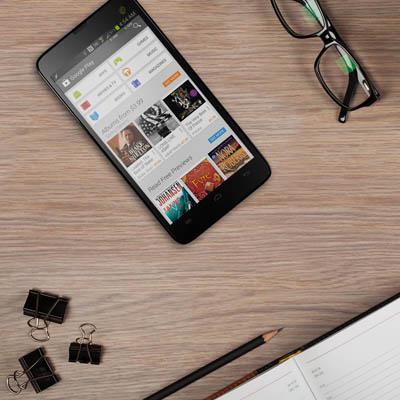
Who should be buying a Blackphone?
"There are clearly industries that are already predisposed to seek privacy, such as stockbrokers, attorneys, senior executives. Clearly there are folks that already get it," Weir-Jones said. "It's clear that a lot of traveling professionals and folks that work with sensitive information are absolutely prime candidates to purchase Blackphone. They have been the traditional buyers of security products, but we want to make it accessible to a larger crowd."
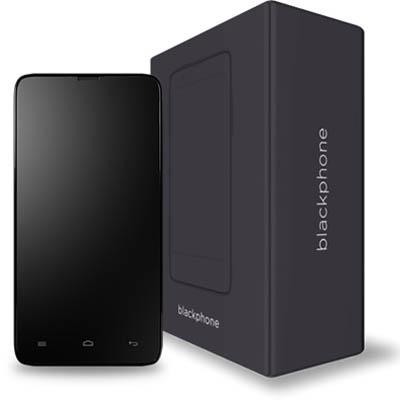
Why is this phone safer than what's currently out there?
"Usability," said Weir-Jones. "It's safer because it's more usable. If nobody uses it, it doesn't improve your security, so our goal is to make it so easy to use that everybody uses it."
But the more technical reason, he said, is that every bit of information the phone sends out is encrypted whether it's a call or a text.
"All of the encryption needs to be peer-to-peer; it needs to be strictly between the endpoints," he said. "That's really the important difference that no other phone on the market can offer right now."
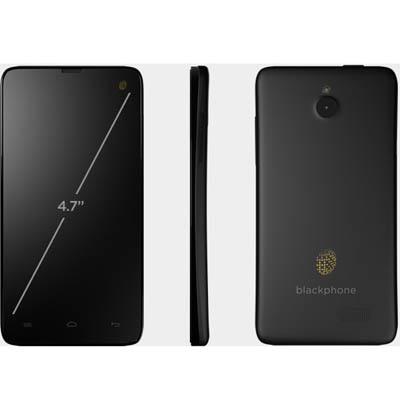
Does this phone have a home in the enterprise?
"Absolutely," Weir-Jones said. "I think a lot of the preorders have come from folks who are already working in enterprise environments, and they already have a BYOD policy in their companies. They'll be connected in corporate networks. They'll be connected in MDM solutions and that kind of tool. We've been, frankly, inundated with corporate purchasing requests."
Because PrivateOS is Android-based, it can be incorporated to the typical policy and management tools in a business environment, he said, adding that "there is no restriction on that."
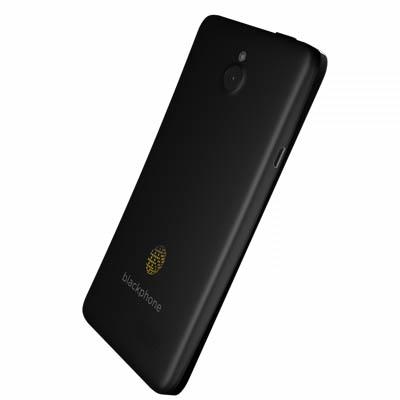
How secure is the Blackphone?
Despite the extremely high levels of mobile security the Blackphone offers, Weir-Jones does admit that it is not invincible.
"Anybody who claims that anything is hackproof is clearly selling snake oil," he said. "What we do know is that the encryption on our tools is very, very good, but I'm certainly not going to guarantee that the thing is 100 percent perfect. That would be dramatically foolish."
The Blackphone CEO added that the company is on top of any known vulnerability and has response resources in place to act upon any issues, but a phone where all data is encrypted should have less hack issues that arise than others.
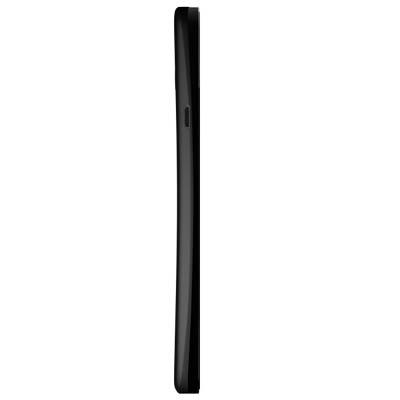
Is the Blackphone impractical?
"Privacy is this very fundamental thing that everybody understands," he said. "The essential choice is whether or not you allow people to look over your virtual shoulder. Blackphone addresses that."
Weir-Jones reiterated that the phone's easy-to-use interface packaged with its top-of-the-line security features is really what makes it stand out.
"I think it's important," he said. "We want folks to realize they don't need to accept a bunch of inconvenience. There is no reason not to take advantage of that when the technology makes it so easy and accessible."